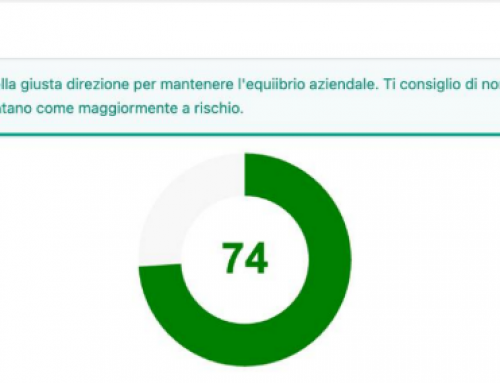An increase of 5% both variants of malware attacks is recognized, with an alarming 15% of attacks in Italy
The Global Threat Index Check Point Software Technologies reveals that the number of malware attacks that threaten most common enterprise networks has increased in October.
In particular, last October Italy was the most affected country in Europe, and the twenty-sixth worldwide. A frightening are not only known threats, such as Conficker, the most common malware, and Zeus, long in second place. In fact, it faces a new computer danger, Boinberg. This is a backdoor specifically for Windows platforms, with several malicious features, including the ability to sneak deeper into a system, by blocking different antivirus renowned.
The Threat Intelligence Check Point Research Team shows that the amount of active malware variants that one of the attacks, last month increased, worldwide, 5%, pushing the monthly number of attacks against companies to the levels of warmer periods recorded this year. Globally, the attacks of ransomware Locky soaring, rising from third to second place in the standings, while the Zeus banking trojan has gone up two positions, back in the top three threats. The reason for the unstoppable growth of Locky is the constant renewal and expansion of its distribution technique, focusing on spam emails. Its designers vary the file format that continuously triggers the download of ransomware, and not neglect the .doc, .xls, and .wsf, plus much also renovate the structure of email spam. The ransomware itself is not so terrible, but the cyber criminals who pull the strings undertake much to maximize the amount of machines that are infected. For seven consecutive months, then, HummingBad, Android malware that inserts a persistent Rootkit to perform many malicious actions, is the most widespread threat to mobile devices.
Conficker is still malware that kills more children in the world, with 17% of all recognized attacks. Locky, in second place, in circulation since February of this year, and Zeus, the third place, it won both the 5% of the recognized attacks.
Conficker – Worm that allows remote operations, and malware downloads. Infected machines are controlled by a botnet, which contacts the Command & Control server, ready to receive instructions.
Locky – ransomware which began circulating in February 2016, and is spread mainly through spam emails, containing a downloader disguised with a Word or a Zip file attachment, which then downloads and installs the malware so that encrypts all files user.
Zeus – Trojan that targets Windows platforms, often the protagonist of banking credentials theft with man-in-the-browser, keystroke logging and theft of documents.
The variants of malware for mobile devices remain a significant threat to businesses, just think about 200 of the most widespread malware variants, 15 affect mobile devices. The three most common are:
HummingBad – Android Malware that installs a persistent rootkits on the device, as well as fraudulent applications, triggers, and other malicious activity, such as installing a key logger, and the theft of credentials, and bypasses the email encryption systems used by companies.
Triada – modular backdoor for Android, which allows you to reach more permissions than the user, and then to download malware, even managing to fit in the system processes. Triada, moreover, is able to mimic the loaded URL on the browser.
XcodeGhost – compromised version of piatatforma Ios Xcode developers. This unofficial version and altered injects malicious code in all apps developed using it. The injected code sends app information in a Command & Control server, so that the app unable to read the device’s clipboard.
Source Newsletter LineaEDP







